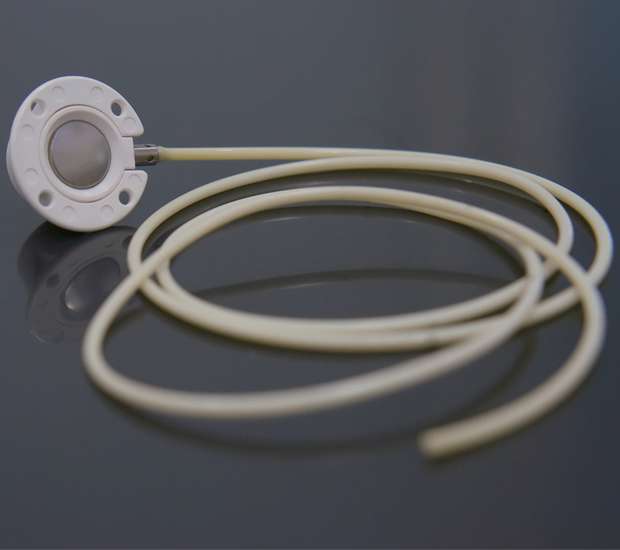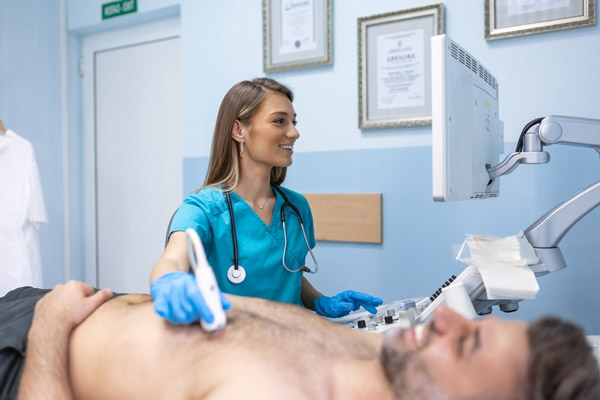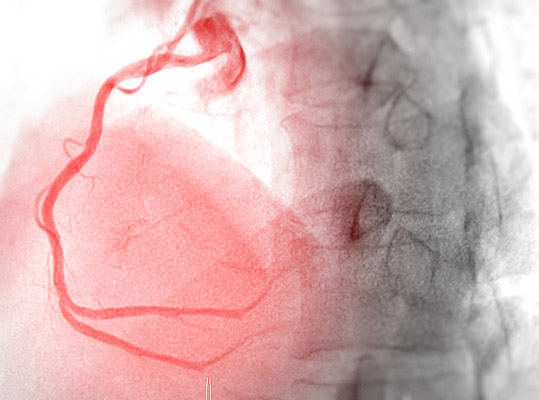Heart CatheterizationDelray Beach, FL
Heart catheterization is not always the most pleasant experience for a patient, but it is sometimes necessary to ensure a healthy heart and to provide proper treatment for heart-related issues. Fortunately, heart catheterization is almost always pain-free and completely safe. By understanding exactly what the procedure involves and why someone might need it, you can calm any anxieties that exist and walk confidently on the day of the procedure.
What is Heart Catheterization?
Heart catheterization is a non-surgical procedure performed by a heart specialist to determine if there are any issues with the heart or treat a heart problem if one exists. A heart catheter specifically is a small, flexible tube that is inserted into a blood vessel and extended to the heart chamber. Although the process may seem invasive, side effects are rare, and the patient most often does not feel anything the entire time, although they are awake during the heart catheterization. There are different reasons for a heart catheterization, and each procedure might be different depending on the exact purpose.
How Does a Heart Catheter Work?
The way a heart catheterization procedure is performed depends largely on whether the heart catheterization is being used for; whether it be diagnostic reasons or for treatment. However, most procedures follow a similar process, which includes the following steps:
- The patient receives a mild sedative
- An IV line is placed in the patient’s arm
- Electrodes are placed on the patient’s chest
- The catheter is inserted into the artery
The next step in the process depends on the type of heart catheterization. In some instances, such as a valvuloplasty, a "balloon" is blown up to open up the heart valve. In other instances, such as a heart biopsy, a small sample of heart tissue is taken for diagnostic purposes.
Why Might Someone Need a Heart Catheter?
There are numerous reasons why a cardiologist may perform heart catheterization, including to locate blockages in blood vessels, measure oxygen levels in the heart, and to take a sample of heart tissue. In instances where the diagnosis has already been confirmed, and treatment is needed, the patient might need a heart catheter in order to widen a narrow artery through angioplasty, repair a damaged heart valve or fix a congenital heart issue.
Benefits of a Heart Catheter
Some patients are hesitant when heart catheterization is recommended as the thought of having a catheter inserted into their blood vessel can seem invasive. However, heart catheterization is able to provide many benefits that more traditional forms of treatment cannot. Overall, a heart catheter can significantly improve the quality of life in patients with heart disease, allowing them to do the things they love without experiencing painful heart-related symptoms.
Schedule an Appointment With Us
If you experience any heart-related symptoms that indicate heart disease may be an issue, such as severe chest pain, chest discomfort and lightheadedness, then consult with us and schedule a time to come in for diagnosis and treatment. We have a dedicated team of cardiac care professionals who are trained in heart catheterization as well as other forms of heart disease diagnosis and treatment.
Request an appointment here or call Florida Premier Cardiology at (561) 325-6495 for an appointment in our Delray Beach office.
Contact Us
Florida Premier Cardiology is located at
5210 Linton Blvd Suite 301
Delray Beach, FL
33484





